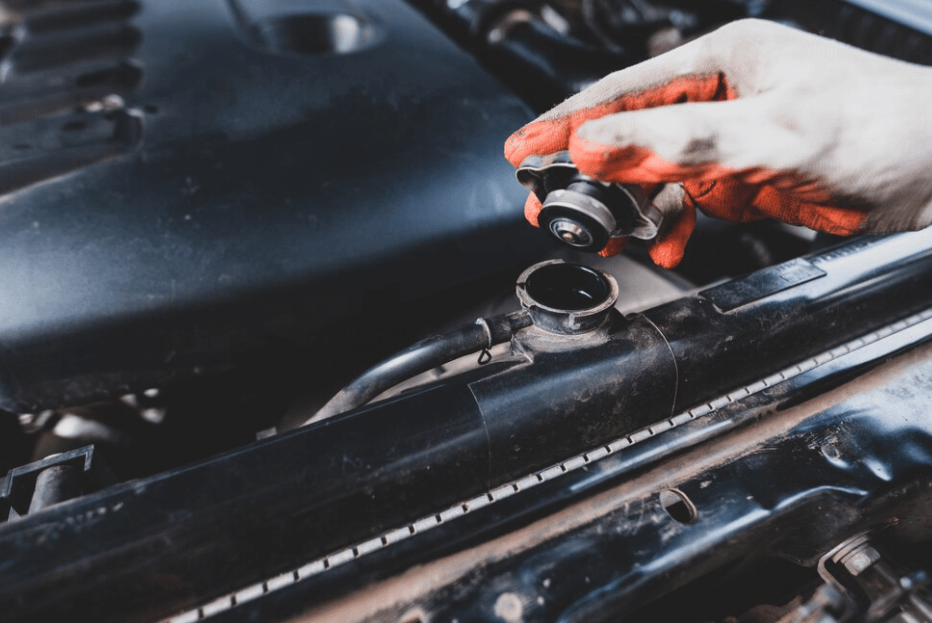What are the 3 types of coolant? This question is important to every car owner because coolant is very important to the well-being and performance of a vehicle’s engine. The knowledge will guide you in choosing the best coolant suitable for your vehicle. You need to be aware of the varieties of coolant in the market so that, when you make a choice, it will result in the smooth and efficient running of the engine of your car.
In this blog post, I will explain the three types of coolants: the uses of coolant as well as the benefits of coolant in the vehicle. You will be guided through the three main types of coolant available for vehicle use and the various car models each one is suitable for, including their colour.
Does this sound like something you want to learn more about? Follow me as I dig deep into it.
What are the 3 types of coolant?
Understanding the different types of coolant is crucial for keeping your engine running smoothly and efficiently. So, buckle up as I take a closer look at these essential fluids.
1. Inorganic Additive Technology (IAT) Coolant
First on the list is the inorganic additive technology coolant, often referred to as the traditional green coolant. This type of coolant contains additives such as silicates and phosphates, which provide excellent protection against corrosion for a variety of metals found in engines.
The IAT coolant is known for its cost-effectiveness and compatibility with older vehicle models. It forms a protective layer on metal surfaces, preventing rust and corrosion, and is widely used in many vehicles on the road today.
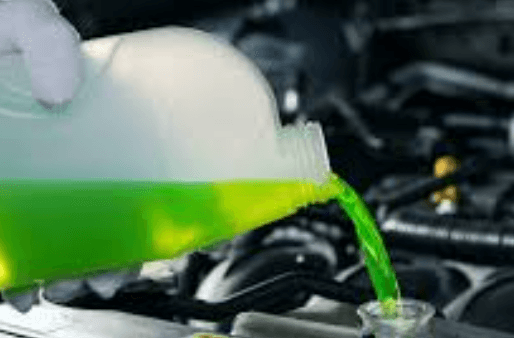
2. Organic Acid Technology (OAT) Coolant
The second one is the Organic Acid Technology coolant, which comes in various colours, including orange, pink, or red. OAT coolants are characterized by their extended service life, making them a popular choice for modern engines. These coolants use organic acids to protect the engine from corrosion.
OAT coolants are designed to be long-lasting, reducing the frequency of coolant changes. They are compatible with a wide range of materials and are commonly found in newer vehicles. Additionally, OAT coolants are known for their eco-friendly formulations.
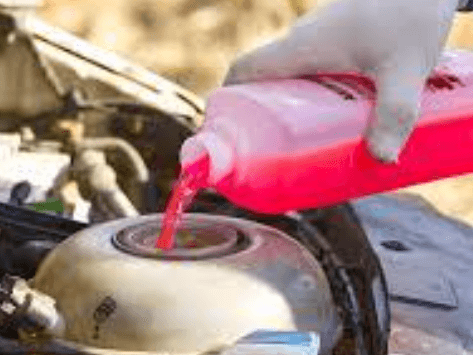
3. Hybrid Organic Acid Technology (HOAT) Coolant
Last but not least, is the Hybrid Organic Acid Technology coolant, often recognized by its yellow or amber colour. HOAT coolants combine the best of both worlds, incorporating elements from both IAT and OAT formulations.
This type of coolant provides an extended service life like OAT coolants while maintaining compatibility with a variety of metals, similar to IAT coolants. HOAT coolants strike a balance between older and newer technologies, making them a versatile choice for many vehicles on the market.
Choosing the right type of coolant is crucial for maintaining the health and performance of your vehicle’s engine. Whether you opt for the traditional IAT coolant, the long-lasting OAT coolant, or the versatile HOAT coolant, make sure to follow your vehicle manufacturer’s recommendations for the best results.
Remember, different types of coolant serve different purposes, so understanding their characteristics will help you make an informed decision to keep your engine running smoothly. In the next section, I will discuss the various uses of coolants and why they are important.
What are the uses of coolant?
Have you inquired about the powerhouse that keeps your car’s engine from overheating? Well, it’s time to give a shout-out to the incredible world of coolants, the major uses of coolants, and why they’re so crucial for keeping things running smoothly. Below are various uses of coolants.
1. Temperature Regulation
Coolant helps regulate the engine temperature by absorbing excess heat generated during combustion. This prevents the engine from overheating, which can cause severe damage to the engine of a car.
2. Freeze Protection
Coolant contains additives that lower the freezing point of the liquid, preventing it from turning into ice at cold temperatures. This is particularly important in colder climates to avoid damage to the engine and cooling system.
3. Corrosion Prevention
Coolant contains corrosion inhibitors that protect the various metals in the engine and cooling system from rust and corrosion. This helps extend the lifespan of components and maintains the efficiency of the cooling system.
4. Boiling Point Elevation
The boiling point of water alone is lower than that of a water and coolant mixture. By adding coolant, the boiling point is raised, reducing the risk of overheating and engine damage, especially in high-temperature conditions.
5. Efficient Heat Transfer
Coolant facilitates efficient heat transfer between the engine and the radiator, ensuring that excess heat is dissipated from the engine and radiated away. This is vital for maintaining the engine’s optimal operating temperature.
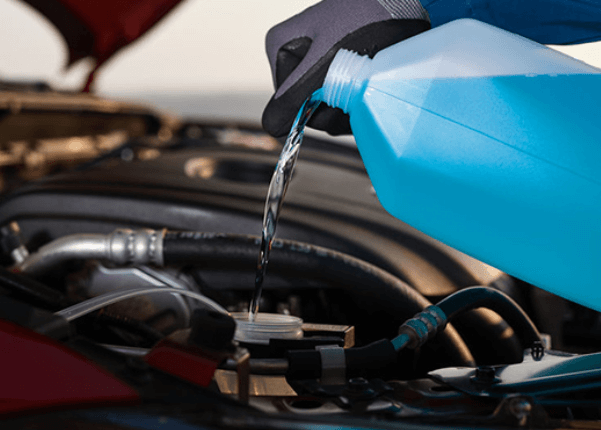
Benefits of Coolants
Now that I have covered the uses of coolants, let me explore the benefits that make them indispensable in various applications.
1. Heat Dissipation
The primary function of coolants is to dissipate heat, preventing engines and machinery from reaching scorching temperatures. This ensures optimal performance and longevity.
2. Corrosion Prevention
Coolants act as a shield, protecting engines and components from corrosion and rust. This preservation is crucial for maintaining the integrity of your vehicle or machinery over time.
3. Freeze Protection (Antifreeze)
One major benefit of coolants, especially antifreeze variants, is their ability to prevent liquids from freezing at cold temperatures. This is particularly important for vehicles operating in chilly climates.
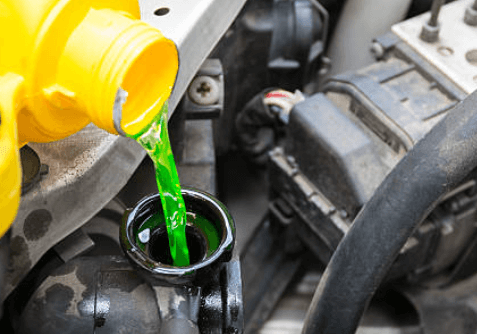
Coolants are the invisible heroes that keep your engines cool, prevent corrosion, and ensure optimal performance. With different types catering to diverse needs, these magical fluids play a major role in maintaining the health of your vehicles and machinery.
This post has dissected the three main types of coolants, the uses of coolants, and the benefits of coolants for the smooth running of car engines. Engage with my blog for more. Drop your comments in the comment section below.

With Over 7 years of experience dealing with car owners as a car lease agent, I have gained matchless car knowledge to help every car owner know what exactly is wrong with their cars.

